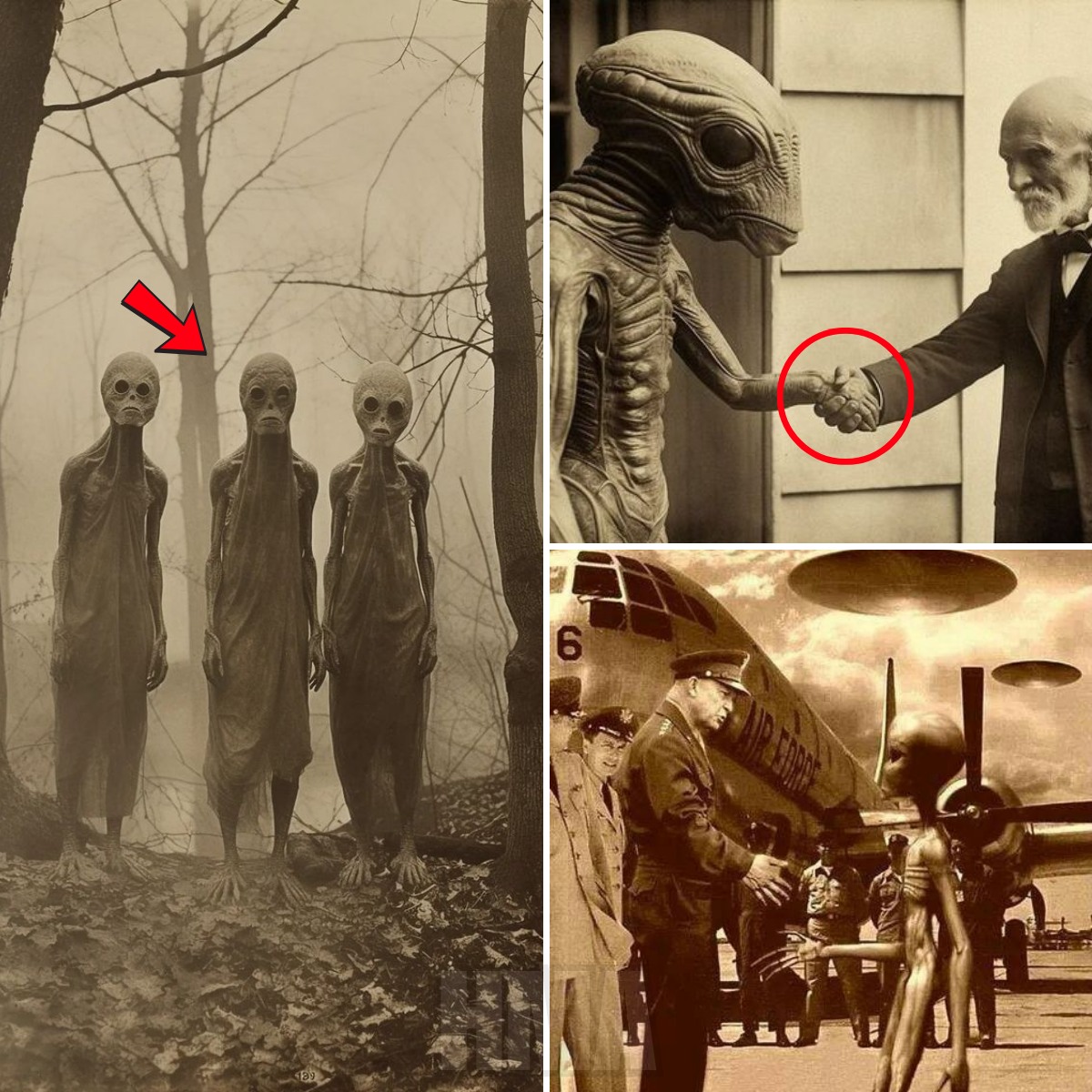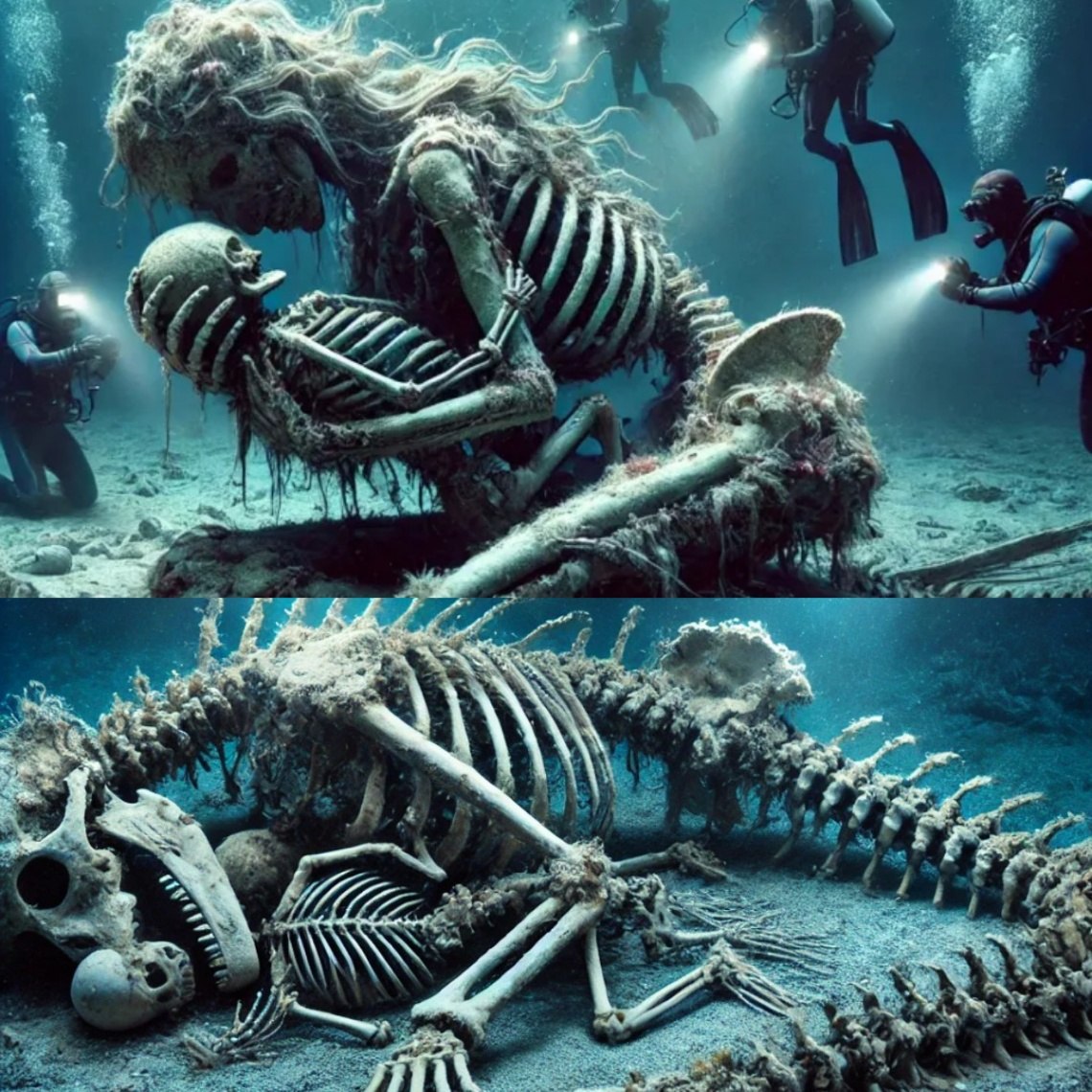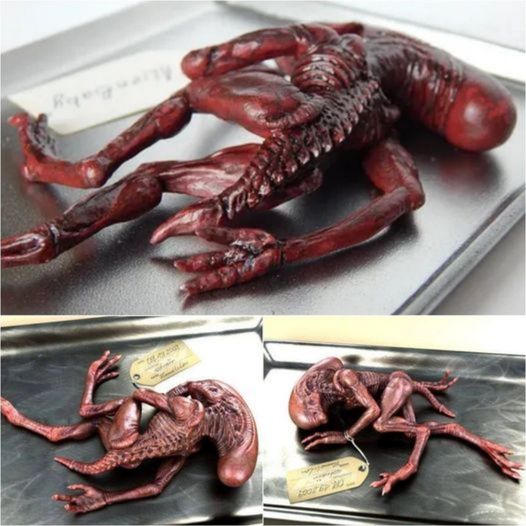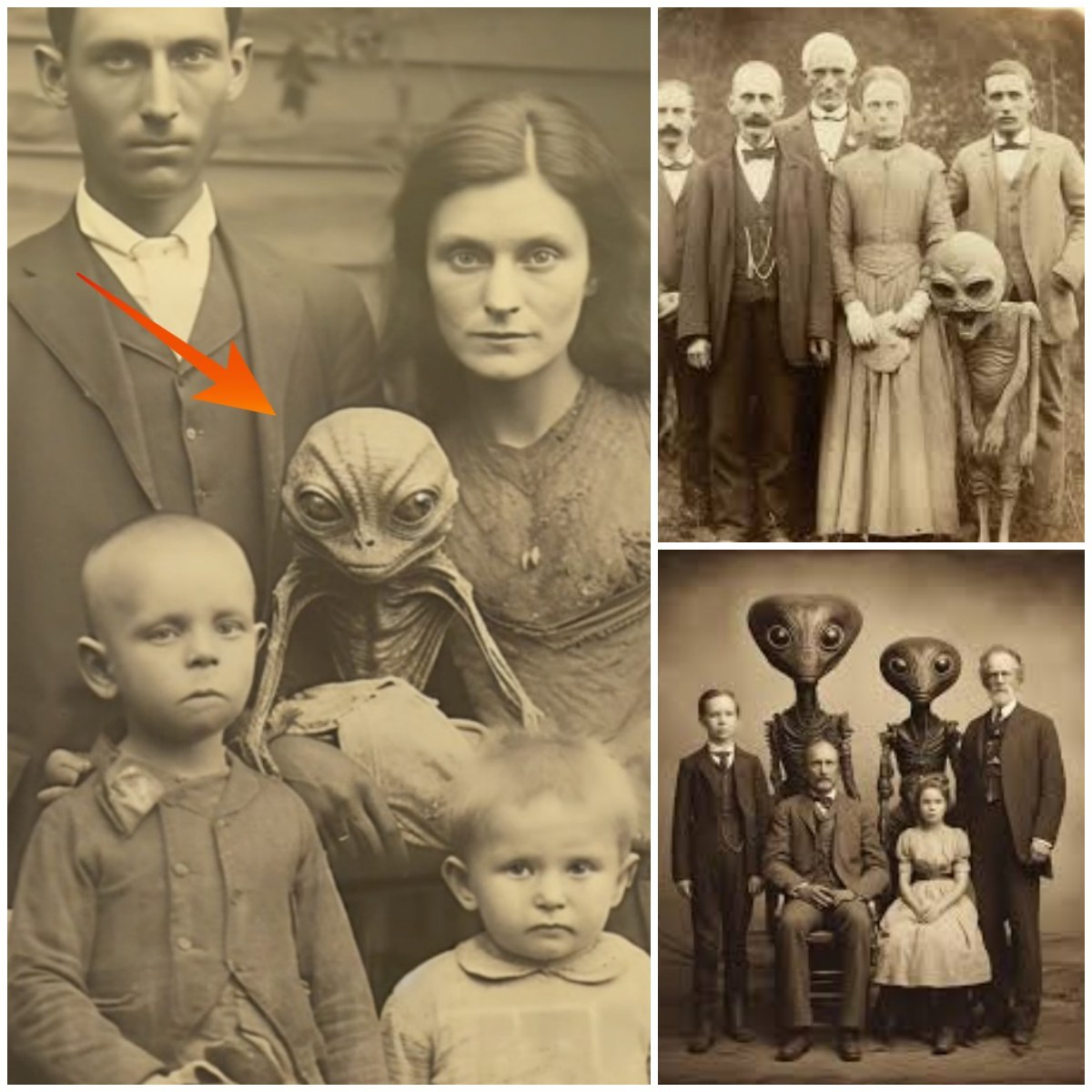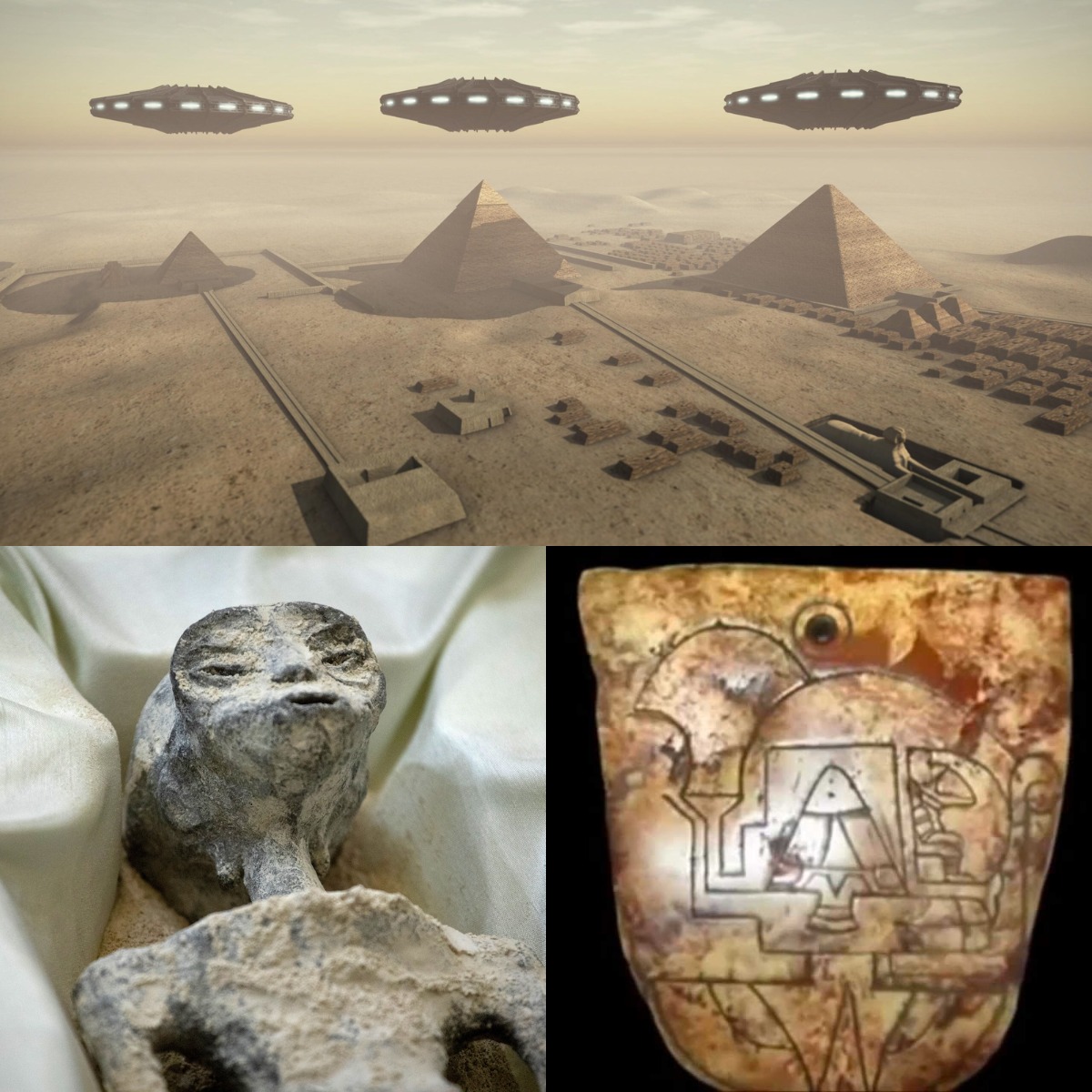rchaeologists working on Egypt’s Red Sea coast have discovered a pet cemetery nearly two millennia old containing the skeletons of 100 domestic pets including cats, dogs and monkeys.
The cemetery, dating from the first and second centuries A.D., was discovered in the Roman port town of Berenike, established in Ptolemaic Egypt between 285-246 B.C. The burial ground for the pets was uncovered as part of a larger excavation near the town and its temple to the Graeco-Egyptian god Serapis by the Polish Center for Mediterranean Archaeology at Warsaw University.
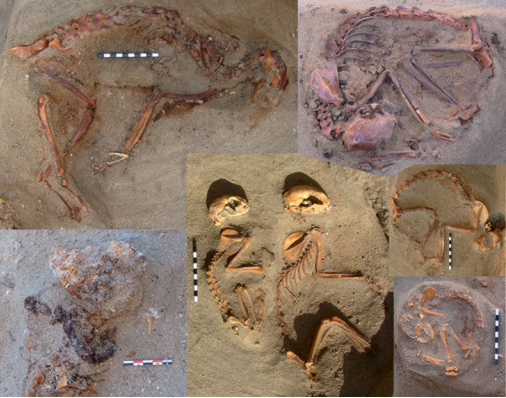

The dig, headed by Steven Sidebotham of the University of Delaware, began in 1994, continuing in fits and starts into 2017, the journal Antiquity reported.
The ancient pet cemetery the archaeologists have uncovered is different in character to the graveyards of mummified cats that were relatively common in Pharaonic Egypt. They are also different to graves for dogs, found in the Roman Empire.
The animal burials from Berenike were not buried with any symbolic items but some examples their everyday accessories were preserved. Two young cats were found, each with a single ostrich egg-shell bead by their necks. A further three cats and a monkey were buried with their iron collars.
Three of the burials were reportedly of two animals. These double burials were of cats and always included one older and one younger pet.
Among those skeletons recovered from the Berenike cemetery the majority were of cats. In her paper on the discoveries, Marta Osypinska describes Egypt as one of most important places where cats were first domesticated. Further individual cat bones have been identified in other parts of the early Roman port and its rubbish dumps, suggesting a sizeable population in the area at the time.
The next most common species recorded in the burial ground is that of dogs (nine), and at least two types of monkey: three grivets and one olive baboon.
The way the animals are buried indicates that they were not used as sacrifices related to sacred rites, as had been the case in the past. The keeping of pets is commonly considered a modern phenomenon but it can be seen that in the mixing of Egyptian and Roman culture in this military port town that the cat was adopted as a domestic animal.
